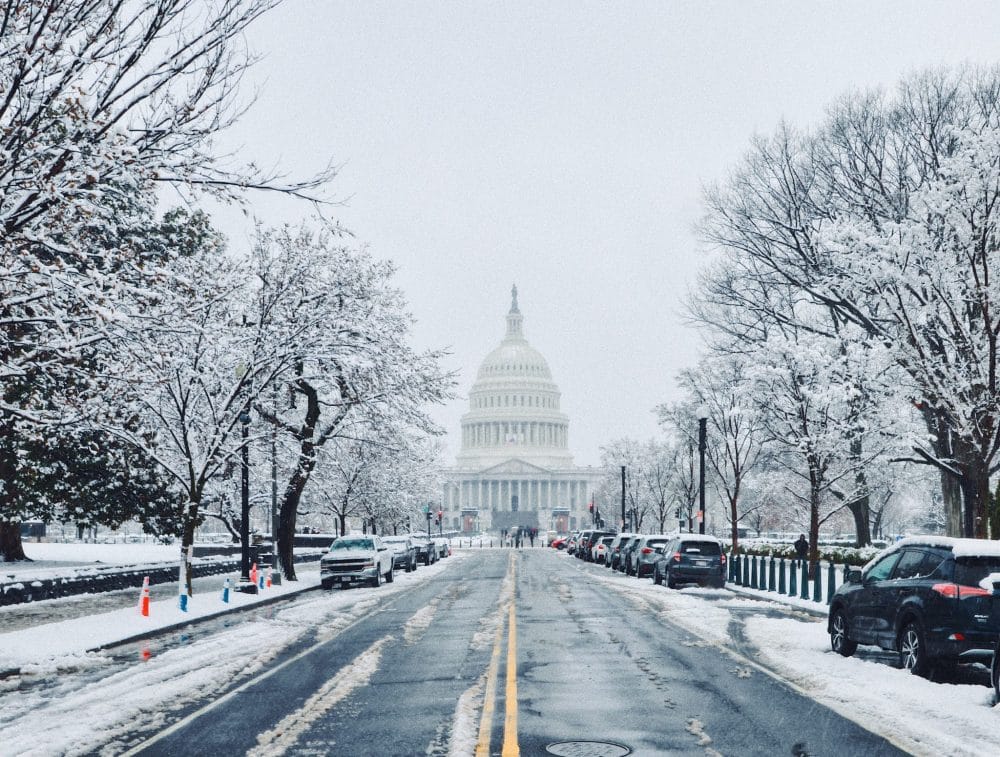The legal team for a man charged with plotting to assassinate Supreme Court Justice Brett Kavanaugh is taking steps to challenge the admissibility of evidence in the case, asserting that some of the materials were obtained in violation of legal protocols. The defendant, Nicholas Roske, was arrested in June 2022 near Kavanaugh’s home in Maryland, carrying a firearm and other tactical equipment. The incident raised alarms about the safety of Supreme Court justices, particularly in the wake of heightened tensions surrounding controversial rulings.
In a recent court filing, Roske’s attorneys argued that specific evidence gathered by law enforcement should not be presented during the trial. They contend that the manner in which this evidence was collected infringed upon their client’s constitutional rights, specifically regarding the Fourth Amendment, which protects against unreasonable searches and seizures. The defense maintains that excluding this evidence is essential to ensure a fair trial and to prevent any undue bias against Roske.
The case has garnered widespread media attention, not only because of the serious nature of the allegations but also due to the political context surrounding the Supreme Court. The court has been a focal point of national debate, particularly regarding issues such as abortion rights, gun control, and healthcare. The alleged assassination plot against Kavanaugh has raised questions about the safety of judicial figures in an increasingly polarized political environment.
The prosecution, on the other hand, argues that the evidence in question was obtained through lawful means and is critical to establishing the defendant’s intent and state of mind at the time of his arrest. They assert that the evidence provides insight into Roske’s motivations and plans, which they believe are relevant to the charges he faces. The legal battle over the admissibility of this evidence is expected to unfold in the coming weeks as the trial date approaches.
In addition to the legal arguments surrounding the evidence, the case has also sparked discussions about the broader implications of threats against public officials. The FBI has reported an increase in threats against judges and justices, highlighting the need for enhanced security measures and protocols to protect those in positions of authority. This incident involving Kavanaugh has prompted lawmakers and legal experts to consider the adequacy of current safeguards for judicial safety.
As the proceedings continue, both the defense and prosecution will have the opportunity to present their arguments regarding the evidence and its relevance to the case. The outcome of these motions could significantly impact the trial and the strategies employed by both sides. Legal analysts have noted that the case could set important precedents regarding the treatment of evidence in high-profile cases involving public figures.
Roske’s defense team is also expected to explore various legal avenues to challenge the charges against him. They may argue that the defendant’s actions were not indicative of a genuine threat to Kavanaugh but rather a manifestation of mental health issues. The defense could potentially introduce expert testimony to support their claims, aiming to establish that Roske’s state of mind at the time of the incident was not one of intent to commit murder but rather one influenced by psychological factors.
As the trial date approaches, public interest in the case remains high, with many closely following the developments. The implications of the case extend beyond the immediate charges faced by Roske, touching on broader societal issues related to the safety of public officials and the legal standards governing evidence in high-stakes criminal cases. The outcome could have lasting effects on how similar cases are handled in the future.
In conclusion, the legal proceedings surrounding the alleged assassination plot against Justice Kavanaugh are unfolding with significant implications for the defendant and the judicial system as a whole. As Roske’s attorneys seek to exclude certain evidence from the trial, the case highlights the complex interplay between legal rights, public safety, and the political climate in which these events occur. The coming weeks will be critical as both sides prepare for what promises to be a contentious trial.



